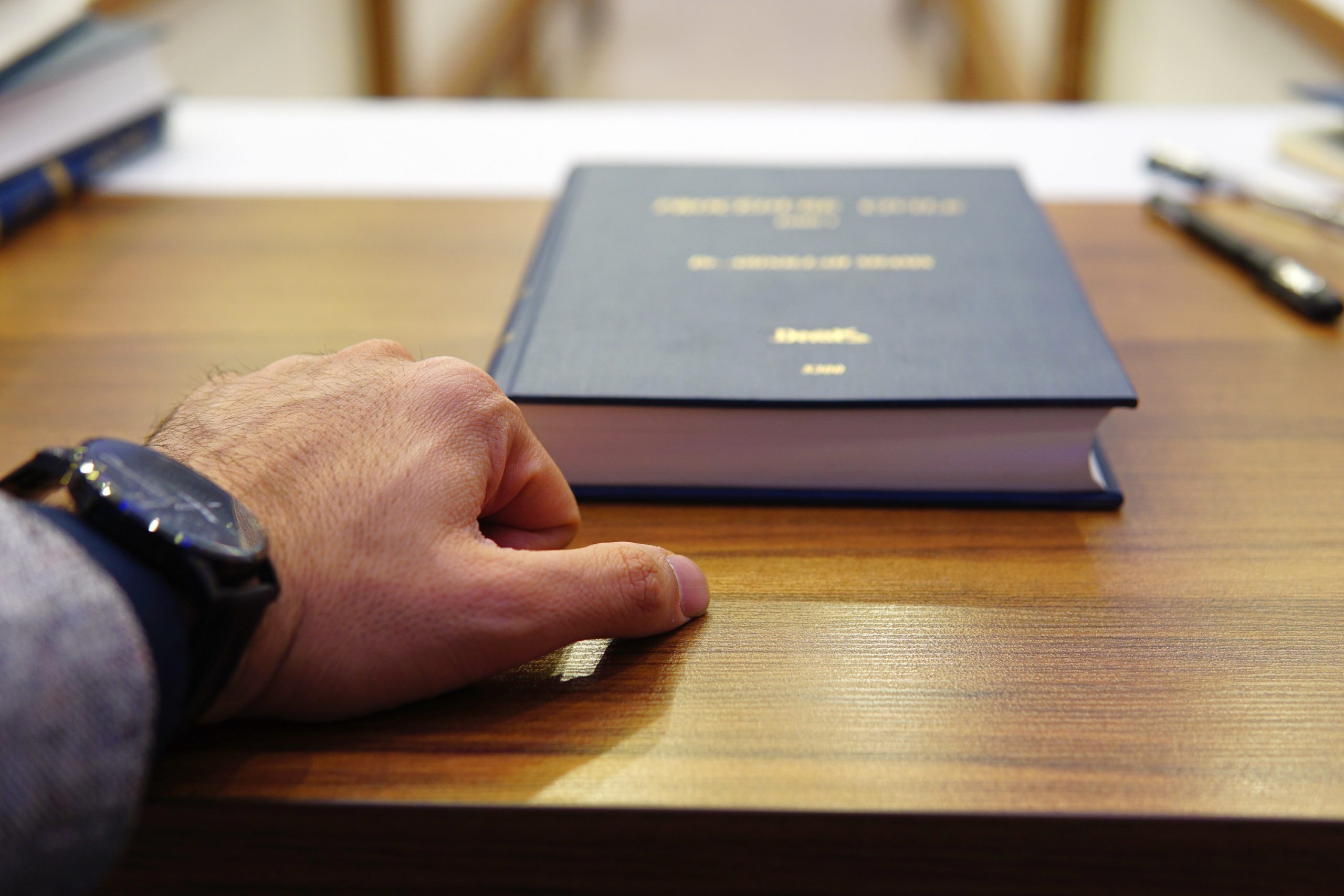Filing Wrongful Death Cases: Gain Clarity of the Power to Move Forward with A Wrongful Death Claim in Wisconsin
Losing a loved one due to a wrongful or negligent act is a devastating experience. In such tragic situations, it’s natural to want to seek justice and hold the responsible party accountable. Wisconsin law recognizes the gravity of wrongful deaths and provides avenues for legal recourse. However, it’s essential to understand the rules and regulations governing who can file a wrongful death lawsuit in Wisconsin before taking action.
Filing Wrongful Death Cases: Are You Eligible to File a Wrongful Death Claim?
Under Wisconsin law, specific individuals are eligible to file a wrongful death lawsuit. The primary parties who may bring such a lawsuit include:
- Personal Representative of the Decedent’s Estate: In many cases, the personal representative of the decedent’s estate initiates the legal proceedings. This representative is typically named in the decedent’s will or appointed by the court.
- Surviving Spouse: The surviving spouse of the deceased has the legal standing to file a wrongful death claim.
- Domestic Partner: Similar to a surviving spouse, a surviving domestic partner can also pursue a wrongful death claim.
- Surviving Children: If the decedent had surviving children, they can file a wrongful death lawsuit. This includes minor children as well as adult children.
- Parents: The parents of the deceased individual may also bring a wrongful death claim.
- Decedent’s Guardian: If the decedent had a guardian, either due to age or incapacity, that guardian may file a wrongful death claim on their behalf.
It’s important to note that Wisconsin law outlines a specific hierarchy of claimants. In cases involving surviving spouses, domestic partners, and minor children, the court ensures that the interests of minor children are adequately protected in any wrongful death settlement.
Distribution of Damages after Filing Wrongful Death Claim
When a wrongful death claim is successful, the court allocates damages to the eligible parties. The distribution of damages is influenced by several factors, including:
- Age of Dependents: The age of surviving children plays a role in determining the amount of damages. Younger children may receive a larger share to cover their future needs.
- Earning Capacity: The earning potential of the deceased individual is considered when awarding damages. This includes lost wages and income the decedent would have earned had they not suffered a wrongful death.
- Expenses: Damages may cover various expenses, such as medical bills incurred from the time of injury until the time of death, burial and funeral costs, and related financial burdens.
- Companionship and Guidance: The court may also award damages for the lost companionship, guidance, and emotional support experienced by the surviving family members.
Seeking Legal Representation for Filing Wrongful Death Claim
Navigating a wrongful death case can be incredibly complex and emotionally challenging. The damages sought in these cases are often substantial, and insurance companies may resist settlement. This can result in protracted litigation, where the expertise of an experienced personal injury attorney is crucial.
Legal professionals specializing in wrongful death cases understand the intricacies of the law and the tactics used by insurance companies. They work diligently to gather evidence, interview witnesses, and build a strong case. Additionally, skilled attorneys can negotiate settlements that serve the best interests of their clients.
By partnering with compassionate and assertive legal representation, families can focus on healing and moving forward while their attorneys fight for the compensation they deserve.
Resources for Further Information about Filing Wrongful Death Claim
Understanding the legal aspects of wrongful death cases in Wisconsin requires familiarity with state statutes and administrative codes. For more information on Wisconsin statutes, please visit this link. To gain insights into the administrative code regarding damages, refer to this resource.
Frequently Asked Questions (FAQs) about Filing Wrongful Death Claim
Q1: Can distant relatives be eligible for filing wrongful death claim in Wisconsin?
A1: Generally, distant relatives like aunts, uncles, or cousins are not eligible to file a wrongful death claim in Wisconsin. Only specific individuals, as outlined by statute, have the legal standing to do so.
Q2: How is the compensation amount determined after filing wrongful death case?
A2: The compensation amount varies depending on several factors, including the decedent’s age, earning potential, and the extent of damages. Courts consider these elements when calculating the final compensation amount.
Q3: Is there a time limit for filing wrongful death claim in Wisconsin?
A3: Yes, Wisconsin has a statute of limitations for wrongful death claims. Typically, you have three years from the date of death to file a claim. However, certain circumstances may extend or shorten this deadline.
Q4: What if the responsible party denies liability after filing wrongful death claim?
A4: In cases where the responsible party denies liability, it’s crucial to gather evidence and build a strong case. An experienced attorney can help you navigate the legal process and fight for your rights.
Q5: How can I get legal assistance for a wrongful death case in Wisconsin?
A5: To get legal help with a wrongful death case in Wisconsin, contact our skilled Milwaukee wrongful death lawyers at Dahlberg Law Group. We are here to provide the support and guidance you need during this challenging time. Don’t hesitate to reach out for assistance and consultation.
Losing a loved one to a wrongful death is a profoundly difficult experience. Dahlberg Law Group is committed to helping families seek justice and fair compensation. Our experienced attorneys are here to guide you through the legal process with compassion and expertise. If you have questions or require legal assistance, please don’t hesitate to contact us.


